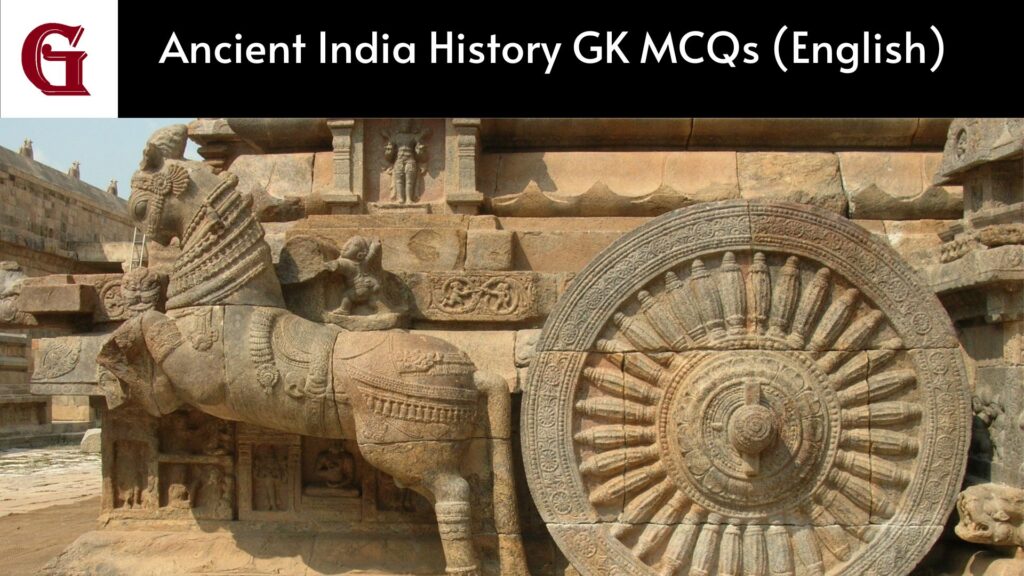General Science GK MCQ questions, practice mock test in English for the preparation of competitive exams.
Results
#1. Qns : Which of the following is measured in the unit called Gauss?
#2. How many arties are there in an umbilical cord?
#3. Which of the following is a process in which hot, less dense materials rise upward and are replaced by colder, more dense materials ?
#4. Electron-volt is a unit of ____.
#5. What is the primary source of energy in an ecosystem?
#6. Which law was formulated in 1662 and concluded that the product of pressure and volume remains almost constant?
#7. Who among the following was the founder of Homeopathy?
#8. Which of the following is an extension of a temporary file?
#9. The approach called ‘magnetic confinement of plasma’ is the scientific principle of which technique?
#10. Which of th following schemes is aimed at helping accelerate the uptake of broadband internet services?
#11. Lymph is a light fluid made up of white blood cells that attack harmful ________ in the blood.
#12. AMR occurs when bacteria, viruses, fungi and parasites change over time and no longer respond to medicines making infections harder to treat and increasing the risk of disease spread, severe illness and death. What is the full form of AMR?
#13. Which of the following is the application of science such as physics, chemistry, biology, computer science and engineering to matters of law and to the identification of various facts of civilian investigation ?
#14. Which part of the body is associated with the rickets disorder ?
#15. Helogens have ________ electrons in their outermost shells.
#16. For a wave ,wavelenght divided by the time period is equal to:
#17. _______ is the structural and functional unit of kidney.
#18. with what do you divide thrust in a liquid to obtain the value of pressure?
#19. ______ is generally called as milk sugar as it is found in milk.
#20. Which of the following is NOT used to make toothpaste?
Press Finish for result and answer of all questions
Top General Science GK One liner
- What is the chemical symbol for gold?
Answer: Au. - What is the unit of electric current?
Answer: Ampere. - What is the largest planet in our solar system?
Answer: Jupiter. - What is the study of fossils called?
Answer: Paleontology. - What is the process by which plants make their own food called?
Answer: Photosynthesis. - What is the hardest substance known to man?
Answer: Diamond. - What is the study of the Earth’s atmosphere called?
Answer: Meteorology. - What is the largest organ in the human body?
Answer: Skin. - What is the atomic number of carbon?
Answer: 6. - What is the SI unit of pressure?
Answer: Pascal. - What is the freezing point of water on the Celsius scale?
Answer: 0 degrees. - What is the chemical formula for water?
Answer: H2O. - What is the speed of light in a vacuum?
Answer: Approximately 299,792,458 meters per second. - What is the process of converting a solid directly to a gas called?
Answer: Sublimation. - What is the study of heredity called?
Answer: Genetics. - What is the formula for Newton’s second law of motion?
Answer: Force = mass × acceleration. - What is the smallest unit of an element?
Answer: Atom. - What is the unit of frequency?
Answer: Hertz. - What is the process of a liquid turning into a gas at the surface called?
Answer: Evaporation. - What is the nearest star to Earth (besides the Sun)?
Answer: Proxima Centauri. - What is the chemical symbol for iron?
Answer: Fe. - What is the study of the Earth’s physical structure and substance called?
Answer: Geology. - What is the process of a gas turning into a liquid called?
Answer: Condensation. - What is the universal donor blood type?
Answer: O-negative. - What is the unit of electric resistance?
Answer: Ohm.
